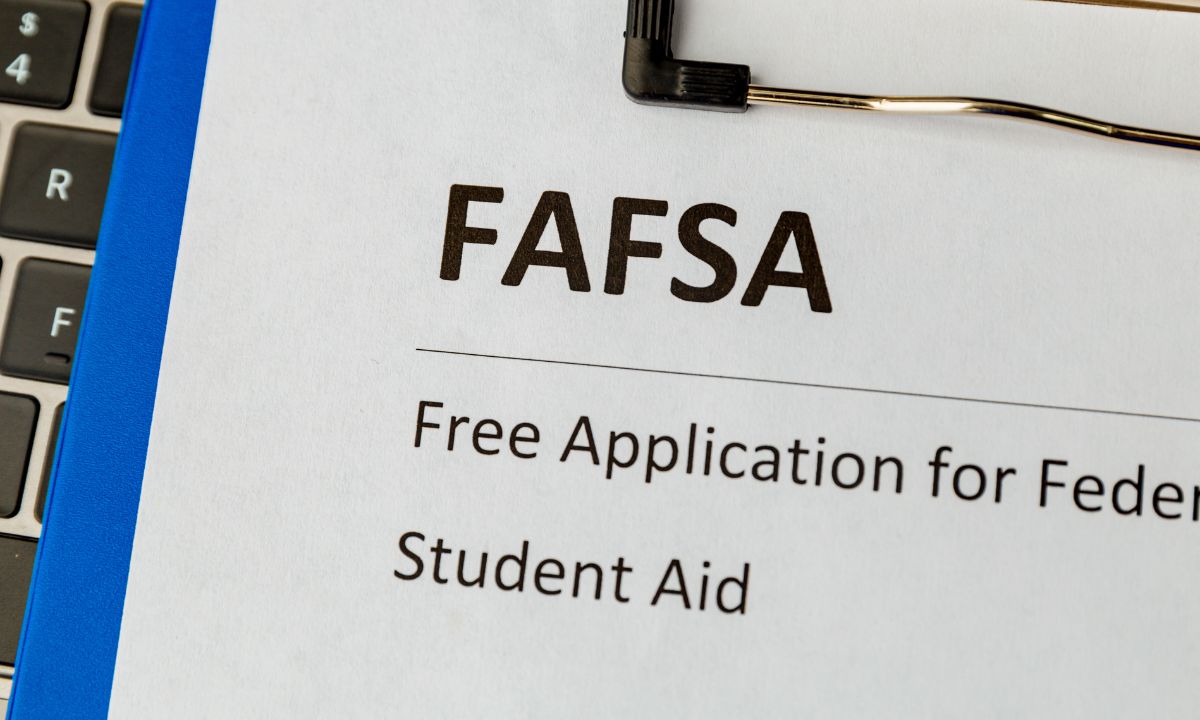As the deadline for college enrollment fast approaches, high school seniors and their parents across the United States find themselves entangled in the web of delays plaguing the Free Application for Federal Student Aid (FAFSA) process.
This year, the anticipation and excitement of selecting a college are marred by financial uncertainty, leaving many students like Leslie Miranda, a senior at Keany High School, in a state of limbo.
Miranda, who aspires to major in business marketing at San Diego State University, represents a cohort of students whose academic futures hang in the balance as they await the outcome of their FAFSA applications.
The delays have forced students and families to postpone crucial financial planning, with many unsure of the eventual cost of their college education. “It would be very helpful to know how much it would be because it’s coming up this year already,” Miranda shared, echoing the sentiments of countless others in her position.
Jim Lundgren, a seasoned guide in the college admissions landscape with over two decades of experience, highlights how the FAFSA delays have upended the traditional college selection process.
According to Lundgren, the cost of tuition—a critical factor in college decision-making—is now one of the last pieces of information families receive.
“It’s the last thing they’ll hear — what it’s going to cost them… The last thing they finally talk about is how much it’s going to cost and it should be number one,” Lundgren remarked.
Despite the challenges, there are steps students and their families can take to navigate this uncertainty, as advised by the U.S. Department of Education. Applicants are encouraged to regularly check the status of their FAFSA submissions through the “MyFafsa” portal on the studentaid.gov website.
The IRS’s new data-sharing arrangement with FAFSA aims to expedite the application process, offering some solace to applicants like Miranda, who found the initial submission straightforward.
Applicants who have yet to submit their FAFSA have until June 30th to do so, with the promise of a more streamlined process. Additionally, the deadline for state assistance programs such as Cal-Grants in California has been extended to April 2nd, providing a crucial buffer for those seeking additional financial aid.
For those whose applications are in process, the Department of Education suggests reaching out to prospective colleges to ensure they have received the necessary financial information. However, patience is paramount, as schools themselves are grappling with the influx of FAFSA data.
Amidst the waiting and uncertainty, students like Miranda remain hopeful, focusing on the future and the opportunities it may bring.
Yet, as days pass without news from FAFSA, the pressure mounts for students and families eager to make informed decisions about their educational journeys.
As the system slowly moves towards resolution, the experience underscores the critical importance of timely and transparent communication in the college admissions process, especially when it comes to the pivotal matter of financial aid.

